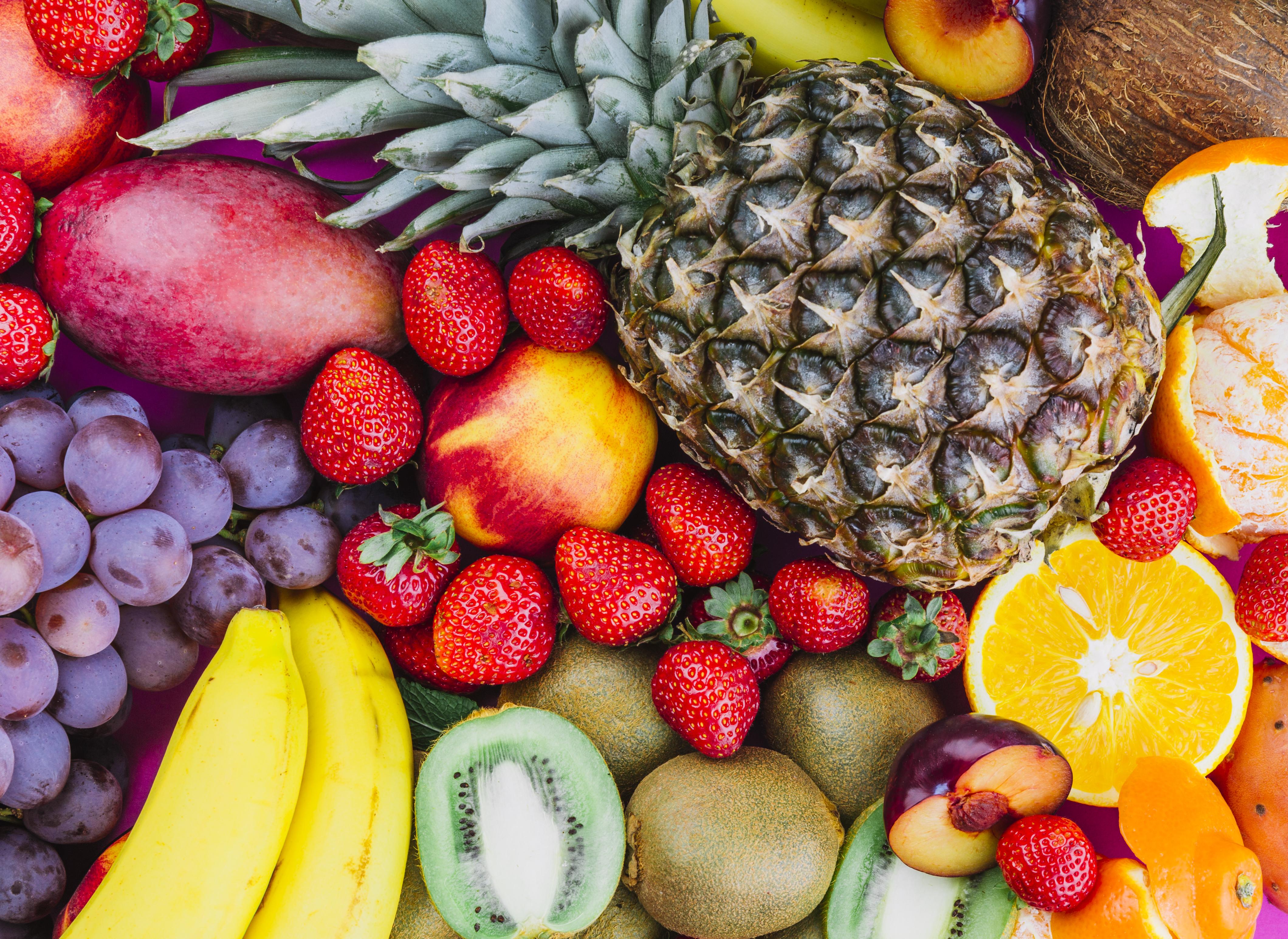The Dutch hospitality industry wasted 9.2% less food in 2023 than in 2019. Despite this decrease of 5 million kilograms, the hospitality industry still wasted 55.4 million kilograms in 2023. Food waste still costs the sector 647 million euros per year. This is according to research as part of the Food Waste Challenge. This program, which Rabobank organizes in collaboration with Wastewatchers, Hotelschool The Hague and the Foundation Together Against Food Waste, helps catering entrepreneurs to waste less.
The fact that the sector is wasting less now than in 2019 is partly due to rising costs within the hospitality sector. As a result, hotels and restaurants are looking for ways to improve margins. Food waste costs the industry a lot of money. Hospitality entrepreneurs still throw away 647 million euros of food items annually. That's 5.9% of total market turnover.
Food waste also contributes to the sector's CO2 emissions. In 2019, the total volume of CO2 emissions related to discarded food items was 121,000 tons. That will drop to over 110,000 tons by 2023.
"Fighting food waste has only advantages: it's good for the world and for the cashbook of hospitality entrepreneurs," observes Jos Klerx, sector manager for hospitality, recreation and tourism at Rabobank. "If hospitality businesses further reduce their waste, they can improve their margins considerably. Especially now that costs for hospitality entrepreneurs have risen hard."
This article previously appeared on www.duurzaam-ondernemen.nl | image: stock photo.
Halving in 2030
The Netherlands is committed to the Sustainable Development Goals. Part of this includes the goal of reducing food waste by 50% by 2030. The hospitality industry is well on its way to achieving this goal, but there are differences within the sector. Hotels in particular are doing well. They are wasting 17% less compared to 2019. Restaurants achieved a 9% reduction over the same period.
The hospitality industry thus still has steps to take if it wants to meet the 2030 goal. But this one is within reach, Klerx said. "Less food waste is mainly a matter of awareness, making small adjustments and measuring. With the Food Waste Challenge, we guide entrepreneurs in this. We see that entrepreneurs, with the right help, waste on average more than a quarter less food in a short time and with relatively simple adjustments."
The Food Waste Challenge
.The Food Waste Challenge 2022-2023 ends this week, also the Wastefree Week 2023. Also in this second edition of the Challenge, entrepreneurs attended five master classes in which different experts, such as Masterchef Estee Strooker, shared tips on how hospitality businesses can waste less. Entrepreneurs then implemented these tips in practice. The impact was measured: at the beginning, participants took a baseline measurement. After eight weeks, they measured the effect of their interventions. On average, participating entrepreneurs wasted 28% less food after completing the Challenge.
